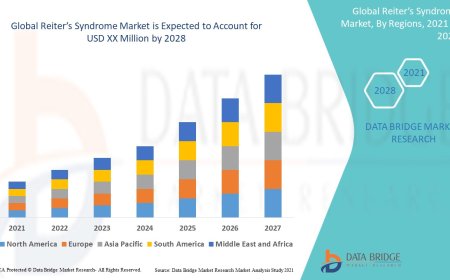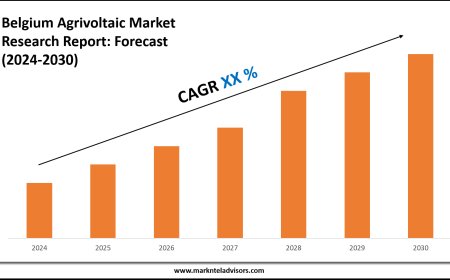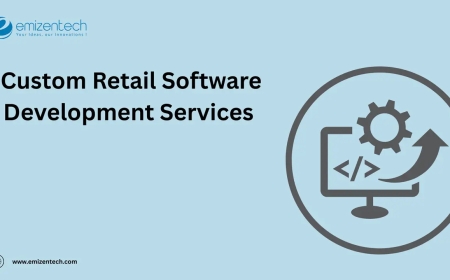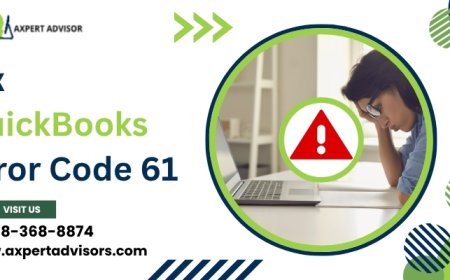Should You Consider a Roth 401(k)?

Choosing how to save for retirement within your employer's 401(k) plan is one of the most significant financial decisions you'll make. While the traditional pre-tax 401(k) is familiar, the Roth 401(k) option presents a compelling alternative for many. But is it right for you? Understanding the key differences and evaluating your personal situation is crucial.
The Roth 401(k) Difference: Pay Taxes Now, Not Later
The fundamental distinction between a traditional 401(k) and a Roth 401(k) lies in when you pay taxes:
Traditional 401(k)
You contribute pre-tax dollars, reducing your taxable income now. Investments grow tax-deferred. You pay ordinary income tax on both contributions and earnings when you withdraw in retirement.
Roth 401(k)
You contribute after-tax dollars. Your contributions don't reduce your current taxable income. However, investments grow tax-free, and qualified withdrawals in retirement (after age 59 and holding the account for at least 5 years) are completely tax-free both contributions and earnings.
The Core Question: Tax Rates Today vs. Tomorrow
The primary factor in choosing between traditional and Roth boils down to your current tax bracket versus your expected tax bracket in retirement.
-
Consider Roth if:
-
You're early in your career and in a relatively low tax bracket now.
-
You expect your income (and tax bracket) to be significantly higher in the future.
-
You believe tax rates will rise generally by the time you retire.
-
You want tax-free income in retirement for greater flexibility and predictability.
-
You want to avoid Required Minimum Distributions (RMDs) starting at age 73 (though Roth 401(k)s do have RMDs, you can avoid them by rolling into a Roth IRA before RMD age).
-
Consider Traditional if:
-
You're in your peak earning years and a high tax bracket now.
-
You expect your income (and tax bracket) to be lower in retirement.
-
You value the immediate tax deduction to lower your current tax bill.
-
You need the upfront tax savings to maximize your contribution amount.
Other Key Considerations
-
Employer Match: This is always made with pre-tax dollars and goes into a traditional 401(k) account, even if you contribute to the Roth. You'll pay taxes on the match and its growth upon withdrawal.
-
Contribution Limits: The annual limit ($23,000 in 2024, plus $7,500 catch-up if 50+) is shared between your traditional and Roth 401(k) contributions. You can split contributions between the two types if your plan allows.
-
Flexibility: While Roth IRAs offer easier access to contributions (not earnings), Roth 401(k) withdrawal rules before retirement are generally stricter, similar to traditional 401(k)s. Accessing earnings early usually incurs taxes and penalties.
Where Professional Guidance Shines: Making the Complex Clear
This decision is rarely black-and-white. Factors like future tax law changes, potential state tax differences, your retirement spending goals, and other income sources (pensions, Social Security, rental income) complicate the picture. This is where seeking a financial advisor for 401k becomes invaluable. They can:
-
Project Future Scenarios: Model your potential retirement income and tax liability based on different contribution strategies.
-
Analyze Tax Implications: Help you understand the nuanced tax consequences of each option based on your specific financial picture.
-
Develop a Holistic Strategy: Integrate your 401(k) choices with your overall retirement plan, investments, and estate goals.
-
Provide Personalized Investment Advice for 401k: Regardless of whether you choose traditional, Roth, or a mix, your investment selection within the plan is critical for growth. A good advisor helps tailor your asset allocation to your risk tolerance and time horizon.
The Bottom Line: It's Personal (and Professional)
The Roth 401(k) is a powerful tool, offering the potential for significant tax-free income in retirement. It's particularly attractive for younger workers, those expecting higher future earnings or taxes, and those seeking tax diversification in retirement.
However, the "right" choice is deeply personal. Don't rely on rules of thumb. Carefully consider your current and projected future tax situation. Given the complexity and long-term impact, consulting a qualified financial advisor for 401k is highly recommended. They can provide the personalized analysis and investment advice for 401k necessary to determine if the Roth path aligns with your unique retirement vision and helps you build the most secure financial future possible. Making this decision wisely, potentially with expert guidance, is an investment in your future peace of mind.
Read more: bipamerican.com






































